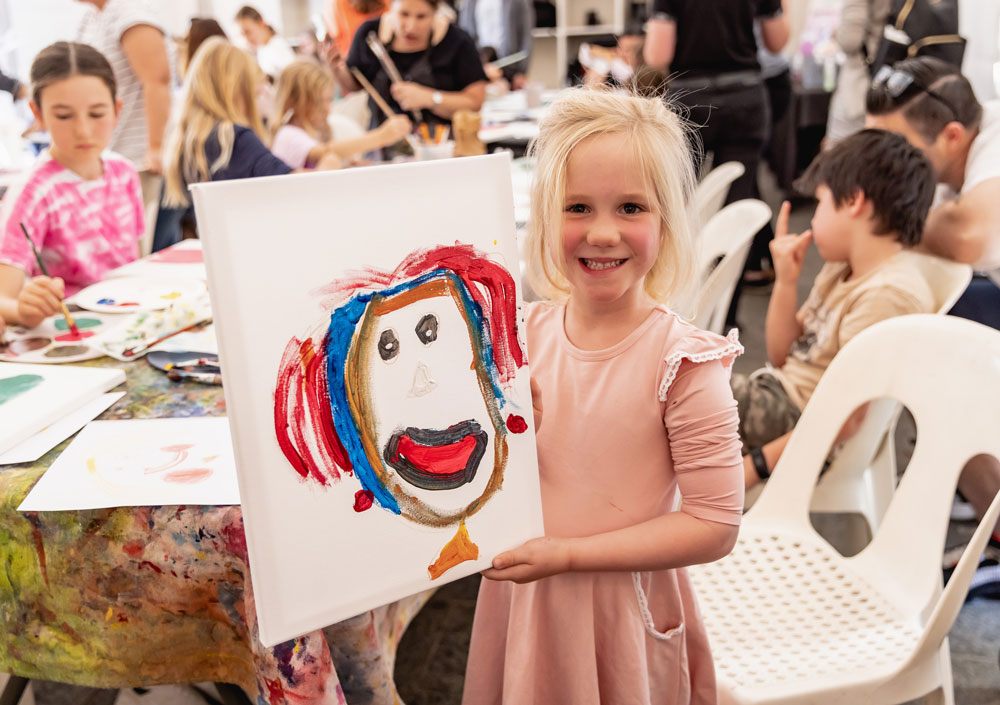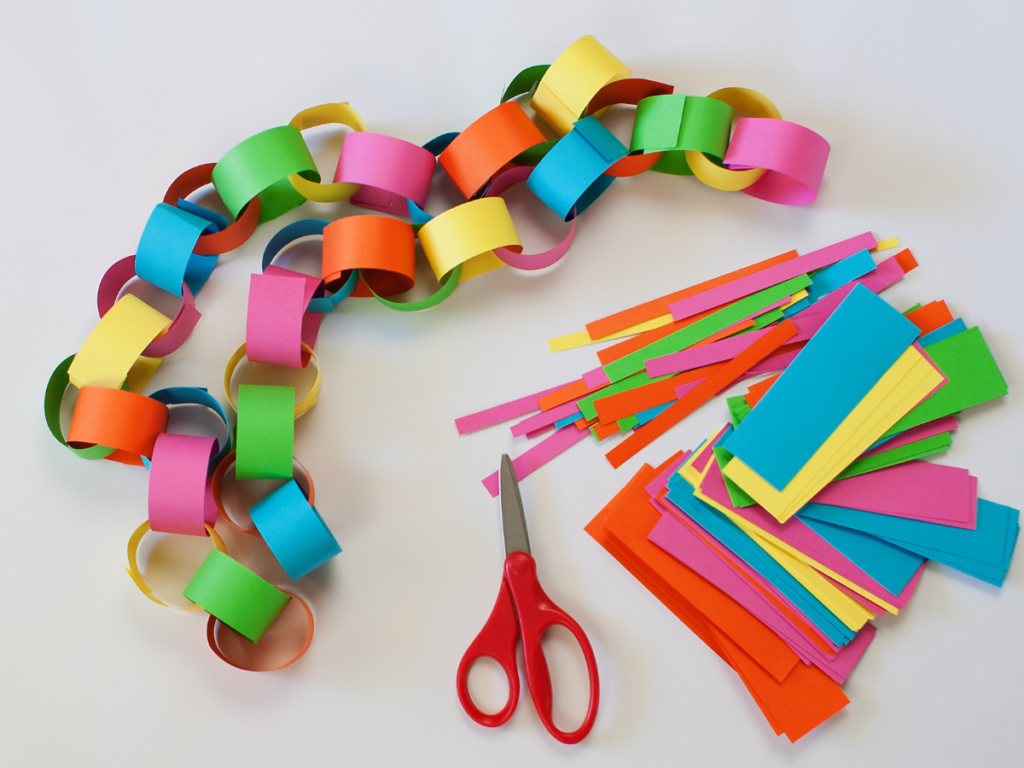In this blog we will share some of our favourite self-esteem activities for kids that we use in our kid’s art classes.
Let’s begin with the critical role of self-esteem as a linchpin for a child’s engagement in learning and we share ten art activities to enhance their sense of self-worth.
As parents and educators, we inherently recognise the pivotal role education plays in shaping a child’s future. However, beyond textbooks and lesson plans, a fundamental factor profoundly impacting a child’s academic journey is self-esteem.
Why is Self-Esteem Critical for Engagement in Learning?
1. Motivation and Enthusiasm
Children with strong self-esteem aren’t just learners; they actively engage in the adventure of knowledge. Their belief in their abilities fosters a love for learning, making them open to educational activities.
2. Willing to take on Challenges
High self-esteem empowers children to navigate challenges resiliently. Instead of roadblocks, setbacks become opportunities for growth, cultivating a mindset conducive to continuous learning.
3. Confidence in Abilities
A positive self-image underpins confidence, encouraging children to actively participate, express thoughts, and embrace the learning journey, contributing to a vibrant and engaged environment.
4. Positive Attitude to Learning
Children with positive self-esteem naturally maintain a positive attitude towards learning. Their approach is marked by curiosity, interest, and a steadfast belief in their potential, laying the foundation for long-term academic success.
5. Openness to Learning from Mistakes
A robust sense of self-worth enables children to see mistakes as stepping stones, not stumbling blocks. They welcome feedback as a valuable tool for improvement, creating a supportive environment where risks are taken without fear of judgment.
5 Easy Self Esteem Activities for Kids

Self-Portrait Drawing
Materials: Paper, pencil and a mirror.
Encourage children to draw a self-portrait in front of the mirror. This allows them to focus on their features and appreciate their uniqueness.
When they have finished, ask them “What have you done well?”
This may be hard for the child to identify as we know that our brains are wired to focus on the things we did not do so well. Chances are they will say “nothing”. Your role is to persist, perhaps reframe your question, “What is one thing you did that was okay?”
Keep going till they can identify at least one thing. Remind them that mistakes are evidence they are learning. A child’s ability to accept mistakes as a part of learning is a key skill to thinking with a growth mindset and continuing to engage in learning.
When we do this activity in our kids art classes, we do not provide erasers. Erasers hide mistakes, hinder learning and encourage perfectionism.
Me Collage
Materials: Paper to create on, collage material such as magazines to cut, newspaper, any other bits of interesting card or paper, glue.
Create a collage using newspaper magazines, pictures, and words that represent them and the qualities that describe them. For example, they may cut find a picture of a lion. They can ask themselves the question. “How am I like a lion?” When we have done this in our art classes for kids, we are always amazed at the self awareness shown by the kids. This visual reminder can boost confidence when they are not feeling so confident so get them to display somewhere they can be reminded.
Fabulousity Jar
Materials: A recycled jar or container, sharpies or things to decorate the jar or container. Strips of paper to write or draw on.
You have heard of gratitude jars, well Fiona loves her Fabulosity jar. Every time she has a win, does something she is proud of, or receives a compliment she either writes it down or prints out the email and pops it in her jar.
A large, recycled jar is great, but your child could decorate a box or any container. Sharpies are a great way to decorate a glass jar. Put it somewhere visible.
Encourage your child to regularly reflect and add to their Fabulosity Jar. Anyone can add to the child’s jar, not only your child. Maybe they get a sticker from school or you notice they do something noteworthy.
Strengths Chain
There is something about this activity being a challenge that kids love. Challenge the children to write or draw on a strip of paper what they are good at or what they do well. Explain that the more things they write the longer their paper chain will be.
For older kids, extend this activity by asking them to think about what strengths they have based on their answer. For example, if they are good at being a friend, ask them what makes them a good friend. It could be because they are caring or a great team player. They can put these words on their chain as well.
For instructions visit https://www.wikihow.com/Make-a-Paper-Chain

Compliment Off
This is a rapid-fire compliment game that’s all about celebrating strengths and positivity! Gather your friends, family, or classmates and challenge each other to name as many amazing things about yourselves and others in just one minute. It’s a fun and uplifting way to boost self-esteem and spread positivity. Use these categories to play.
About Me.
– Things I do well.
– Words to describe how amazing I am.
– Nice things other people say about me.
About others.
– Things you are good at.
– Words to describe how amazing you are.
– Things you do well.
– Nice things about you.
Our holiday workshops are a great way for your child to develop their self esteem. Visit our Workshops page for an outline of our workshops.
